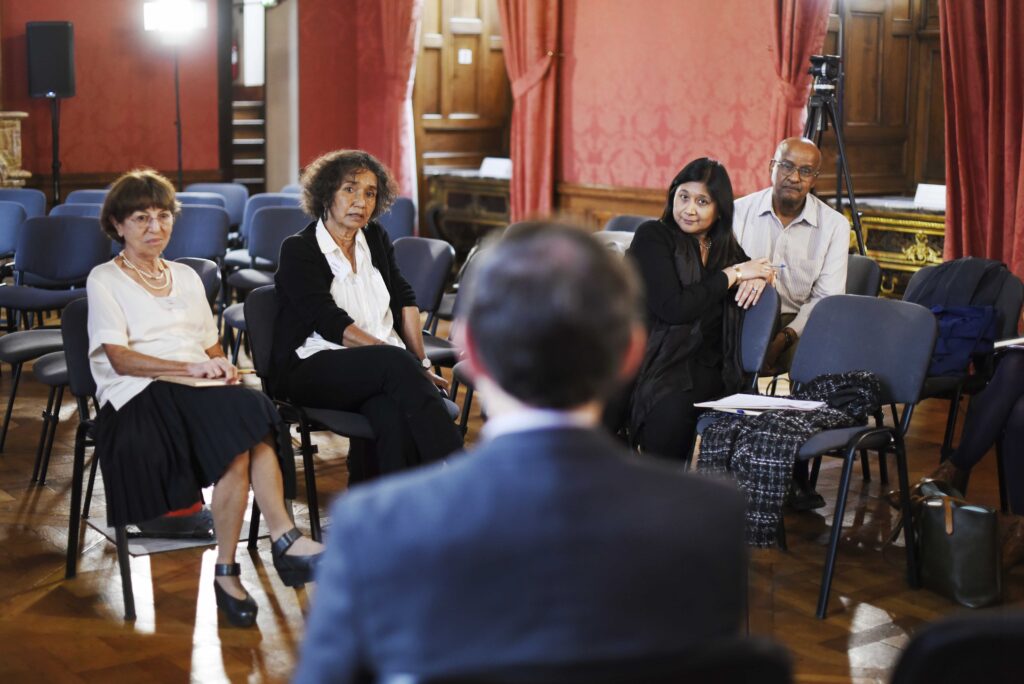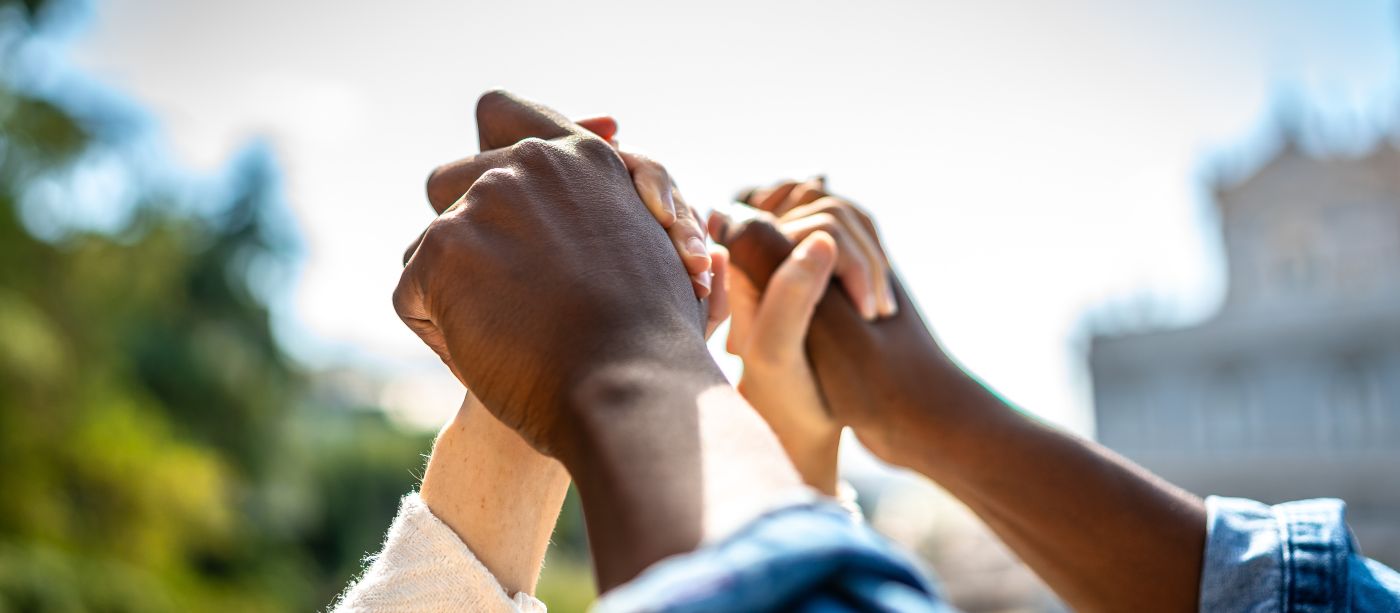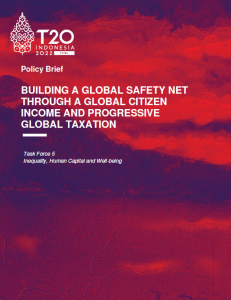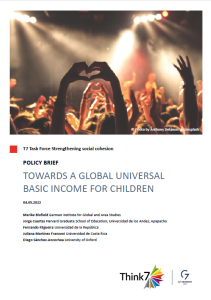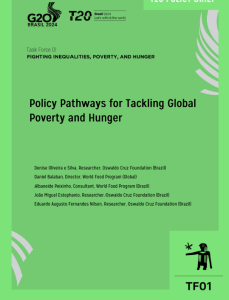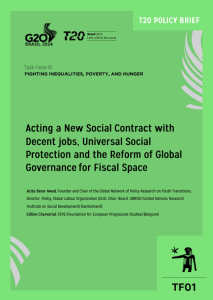Outline
In the post-war period, increased interconnectedness and global governance led to unprecedented gains in material welfare. However, this process was predominantly led by capital and business, resulting in increasing inequalities and a decline in the efficacy of global governance. The current crisis is a result of the success of the post-war order, which has deepened globalization and interdependence to levels that existing institutions can no longer manage. To address this, we propose a new momentum in global governance, with the ultimate goal of global citizenship. This would involve three levels of citizenship: civil, political, and social, each with distinct rights and corresponding institutions. To achieve this, we need to stop the retreat of global public goods and global governance, address global challenges such as climate change and infectious diseases, and strengthen the democratic nation-state. The way forward involves mapping out a transition, implementing piecemeal reforms, and mobilizing leaders and allies to build stronger global solidarity and citizenship.
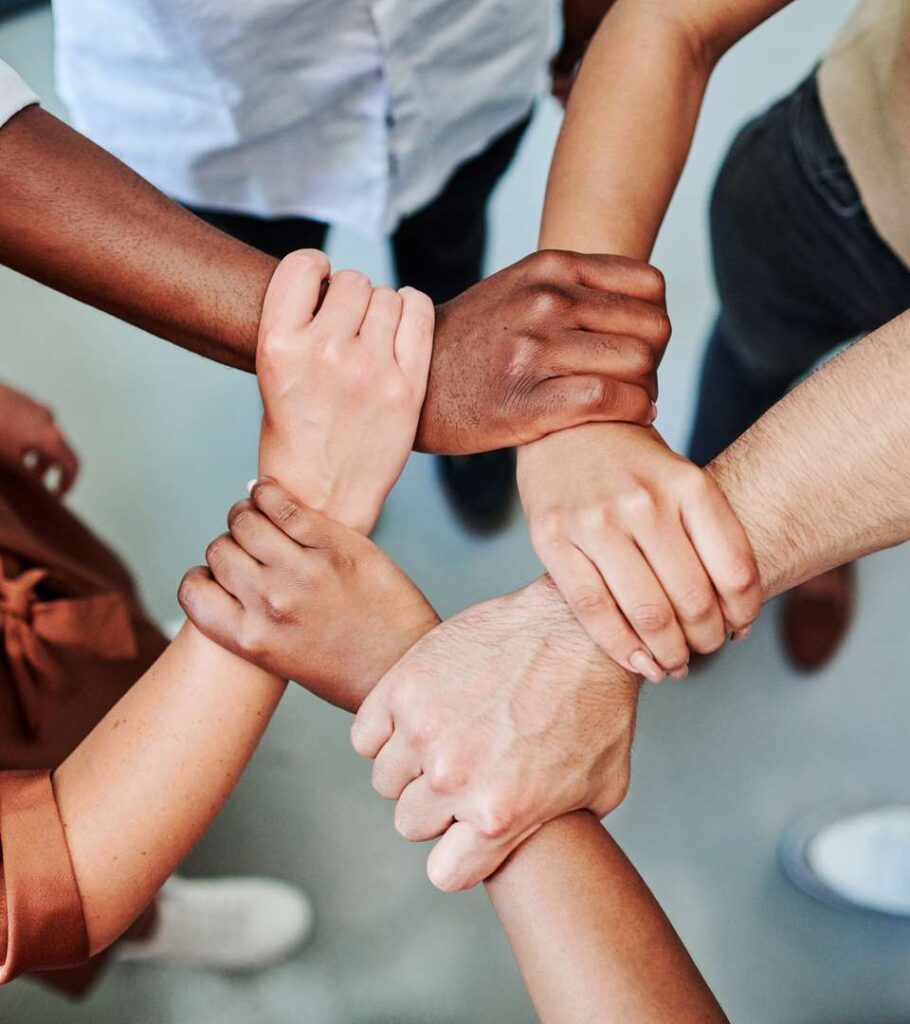
Proposing a way forward: Better global governance for stronger global solidarity and citizenship
To address the challenges of a rapidly globalizing world, we propose a new momentum in global governance. Our vision is to build stronger global solidarity and citizenship through three levels of citizenship and a clear path towards a more just and equitable world.
Fleshing out the utopia
As part of our working program, we aim to explore the possibility of implementing various concepts that may seem utopian at present. These include freedom of movement and the strengthening of international law at the individual level, the creation of a representative body at the UN through universal world suffrage, and the establishment of global taxes and binding transfers to countries and individuals, such as a global basic income. Our goal is to evaluate the feasibility of these ideas and consider how they could contribute to a more just and equitable global order.
Mapping the transition
In order to move towards a new global order, we need to map out the transition process. This involves considering various scenarios, ranging from catastrophic to utopian, and defining explicit goals for our work. We will also focus on moving forward on the three levels of citizenship – civil, political, and social – and identifying the first steps that can be taken from the existing stepping-stones. Our aim is to develop a clear and actionable plan for transitioning to a new global order.
Implementing the transition
The implementation of the transition to a new global order will require a multi-faceted approach. We plan to push forward piecemeal but positive reforms and initiatives, while also integrating the various levels of governance, from cities and regions to nations and supranational organizations. Nation-state concepts might need to be redefined in this new globalized governance.
To achieve our goals, we will mobilize leaders and allies from various sectors, including NGOs, IOs, civil society, private companies, governments, academia, and changemakers. We will also articulate the roles of different regions, such as the West, the East, and the Global South, and make sense of progress on the global governance agenda.
